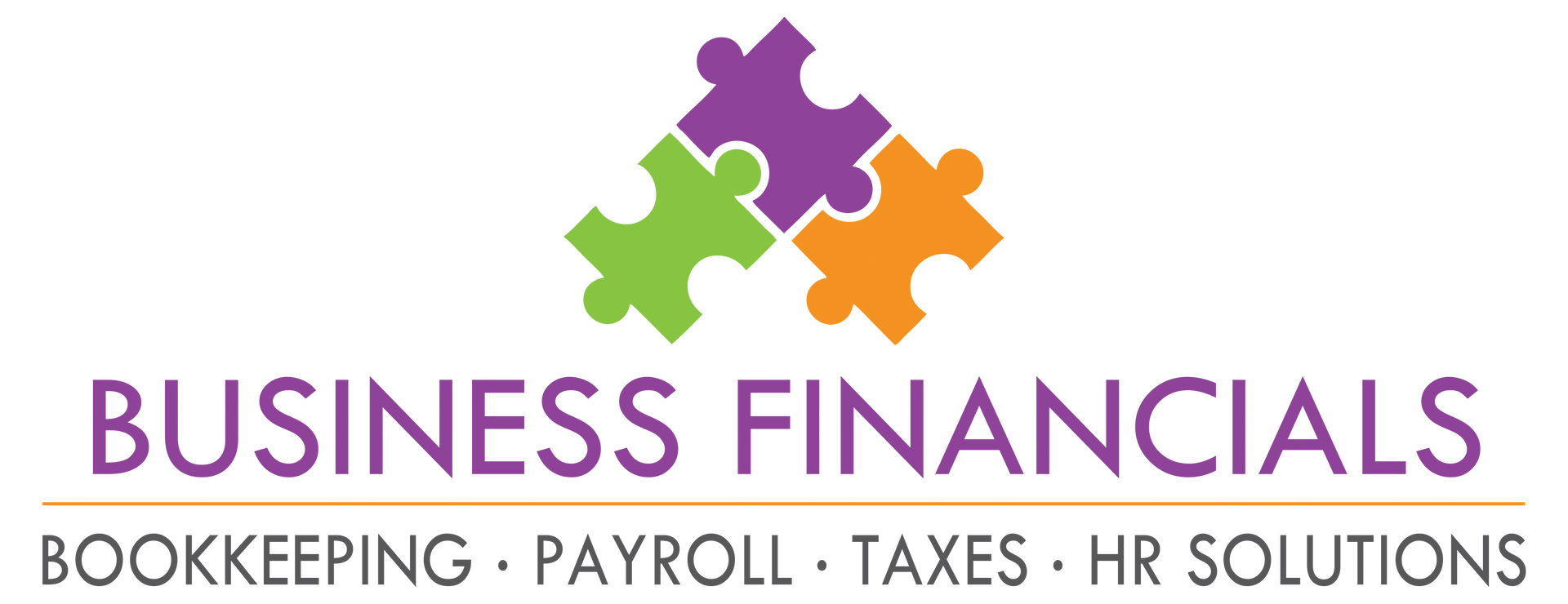Essential Considerations for Prepping Tax Records
Preparing tax records efficiently can save you time, stress, and money. Here are some key things to consider:
- Gather Necessary Forms:
- Personal and Business Forms: Collect all required forms such as W-2s for employment income, various 1099 forms for other income (ex. interest, dividends, freelance work), and forms specific to your business structure (ex. Schedule C for sole proprietors, Form 1065 for partnerships).
- Organize Financial Documents:
- Income Statements: Have a clear record of all income received throughout the year with supporting documents to prove this information.
- Expense Records: Ensure all business-related expenses are logged and categorized, including receipts for office supplies, travel, and utilities. This will help maximize your deductions.
- Track Down Missing Receipts:
- If you have any missing receipts or expenses not yet recorded, now is the time to find and document them. This will ensure you don't miss out on any deductible expenses.
- Review Financial Statements:
- Prepare and review your profit and loss statement and balance sheet to ensure all entries are accurate and complete. This is crucial for both your tax preparer and your own understanding of your business’s financial health.
- Schedule Time with Your Tax Preparer:
- Book an appointment early with your tax preparer to review your records. If you don't have a preparer, consider hiring one well before tax season begins, especially one who understands your business niche.
- Update Logs for Deductions:
- Mileage Logs: If you use your vehicle for business, keep an updated mileage log to claim deductions.
- Home Office Deduction: If you work from home, calculate the space used for business to claim the home office deduction. Choose between the simplified method or the actual expense method, whichever benefits you more.
- Ensure Compliance with Tax Deadlines:
- Know the due dates for all your tax forms. For instance, individual returns are generally due on April 15, but business forms like Form 1065 and Form 1120S have different deadlines.
- Send Required Forms to Contractors:
- If you’ve paid contractors, send them their 1099-NEC forms by January 31st. This is essential for their own tax filings and for your business records.
By staying organized and thorough, you can navigate tax season smoothly and take full advantage of any potential deductions.
THIS ARTICLE IS FOR GENERAL INFORMATION PURPOSES ONLY. BUSINESS FINANCIALS, INC. (BFI) IS NOT ISSUING SPECIFIC FINANCIAL OR TAX ADVICE. PLEASE CONSULT WITH A LICENSED FINANCIAL PLANNER, TAX ATTORNEY, OR ACCOUNTANT FOR ASSISTANCE WITH YOUR SPECIFIC SITUATION. IF YOU NEED HELP, WE INVITE YOU TO CONTACT US. WE WILL BE HAPPY TO MAKE RECOMMENDATIONS OR REFER YOU TO A LICENSED PROVIDER WHO MAY BE BEST SUITED FOR YOUR SITUATION.
Sources:
Tax Prep Checklist: Documents To Gather Before Filing – Forbes Advisor





